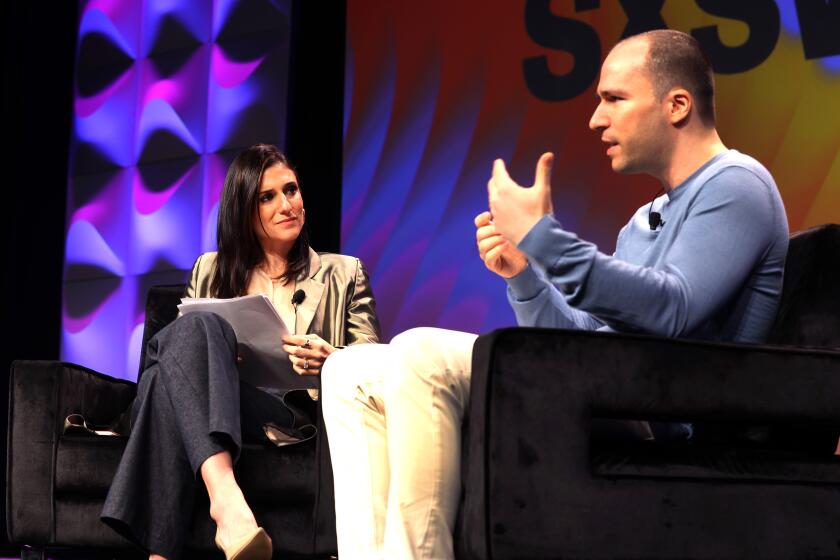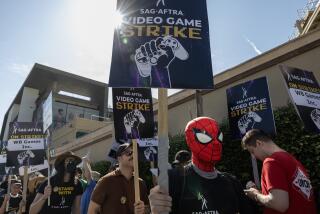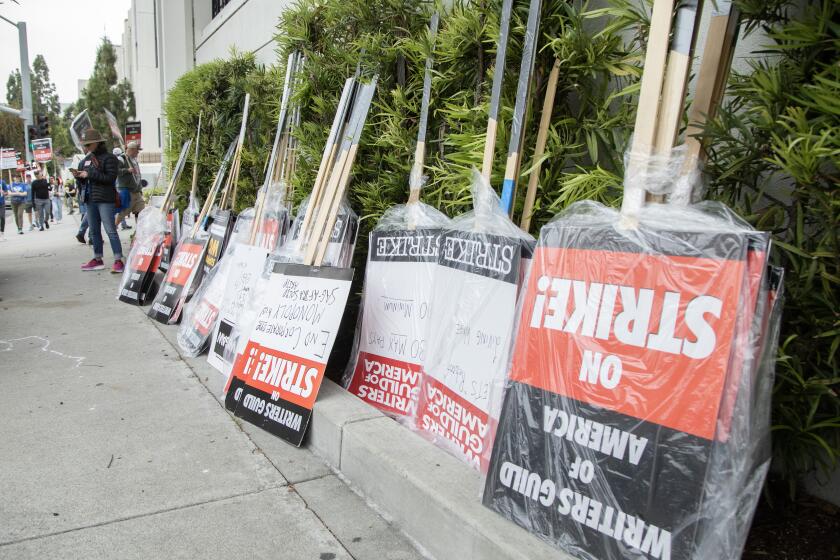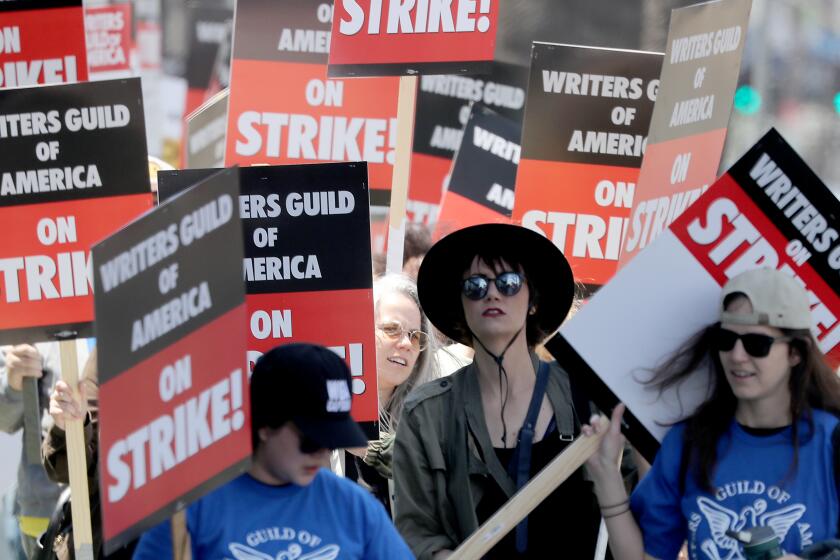Automated writing? Not so fast, says the Writers Guild of America
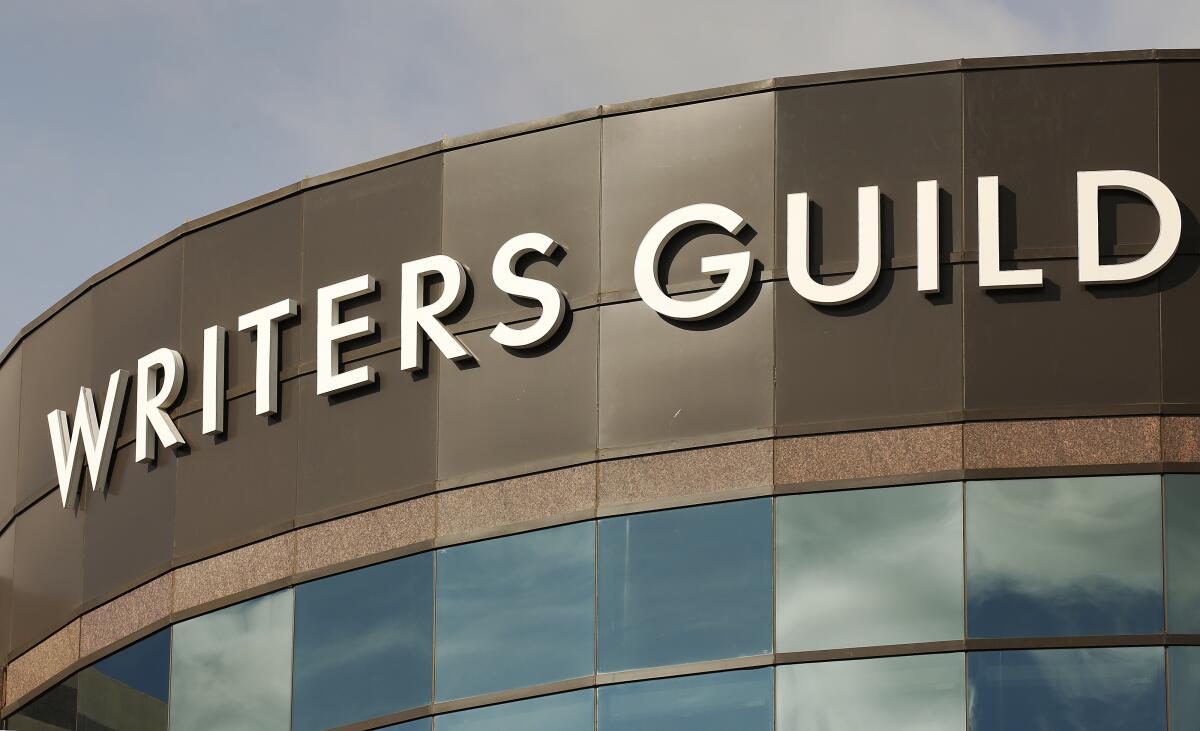
AI won’t replace human screenwriters anytime soon.
At least that’s the message the Writers Guild of America is sending to the major Hollywood studios.
As artificial intelligence becomes more ubiquitous, the WGA has proposed a raft of new rules to regulate the technology in film and TV production.
The WGA, which is the midst of contract negotiations with the Alliance of Motion Picture and Television Producers, outlined its proposals in a series of posts on Twitter Wednesday.
The union said it is seeking assurances from the major studios that AI-generated text can’t be used as source material or to rewrite work that is covered by the union’s contract; the work cannot be considered in determining writing credits; and that writers may not be assigned AI-generated material to adapt either.
“They can make the writer aware of AI-generated content,” the WGA posted via its Twitter account. “But, like all research material, it has no role in guild-covered work, nor in the chain of title in the intellectual property. It is important to note that AI software does not create anything. It generates a regurgitation of what it’s fed.”
The WGA previously included the issue of regulating AI in its so-called pattern of demands put to the studios earlier this month.
The talks are being closely watched amid fears they could lead to a strike over disagreements about how writers should be compensated for their work that ends up on streaming platforms.
Writers meet today to discuss the issues they expect will be at the center of difficult contract negotiations with the studios this spring.
The two sides exchanged proposals ahead of talks that began Monday at the offices of the AMPTP, which represents the major studios and streaming companies, in Sherman Oaks. The first round of presentations are expected to last two weeks and then resume before the current three-year film and TV contract expires May 1.
The contract between the two sides already describes a writer as a person, but the union wants to make sure that AI isn’t used by studios to circumvent their members.
“We’re going to make sure that it’s clearly and explicitly stated that you can’t replace a writer with AI,” David Goodman, former WGA president and negotiating committee co-chair, told The Times in an interview last week.
The AMPTP was not immediately available for comment.
At SXSW, the annual summit of tech boosters, all eyes turned to A.I. — and, in particular, what the emerging sector means for entertainment.
More to Read
Inside the business of entertainment
The Wide Shot brings you news, analysis and insights on everything from streaming wars to production — and what it all means for the future.
You may occasionally receive promotional content from the Los Angeles Times.

